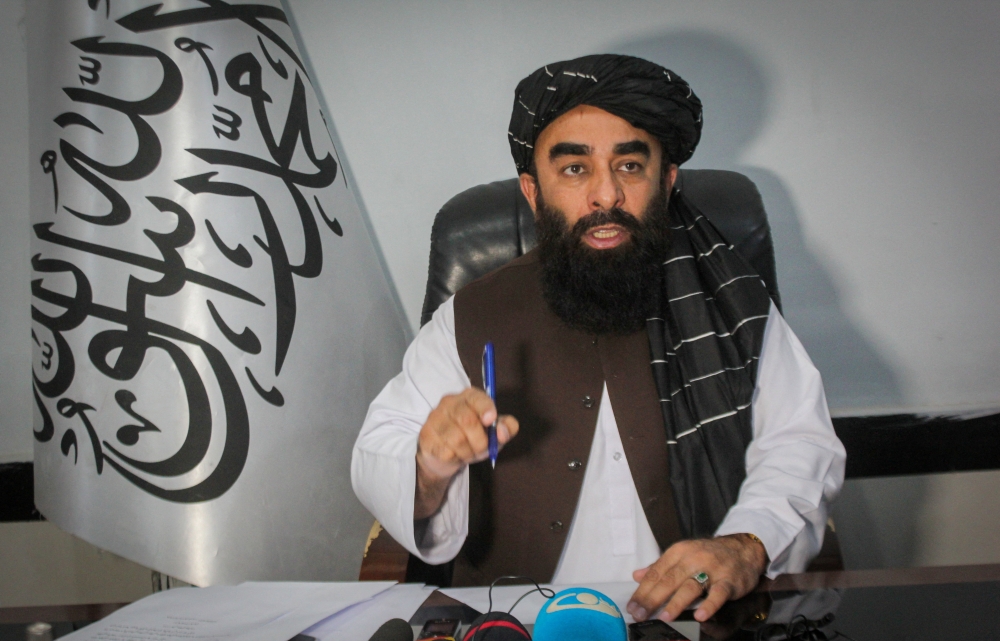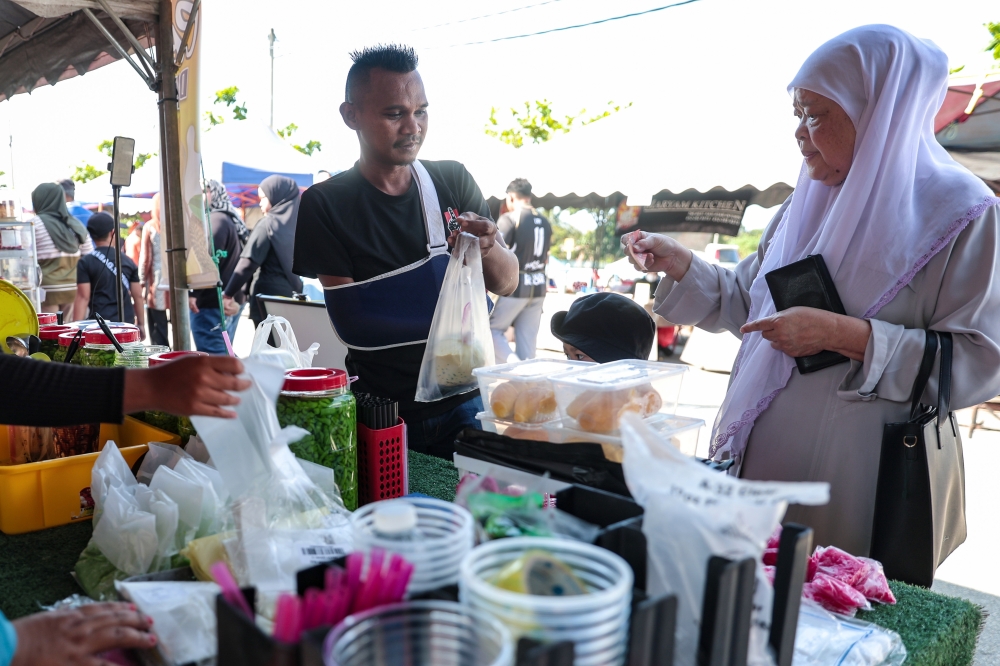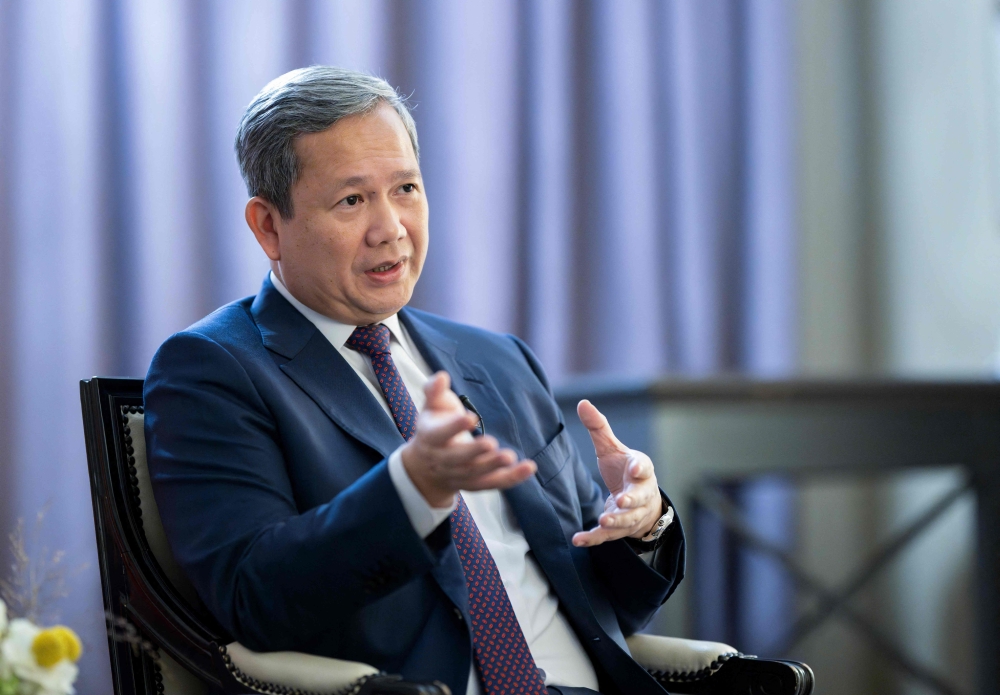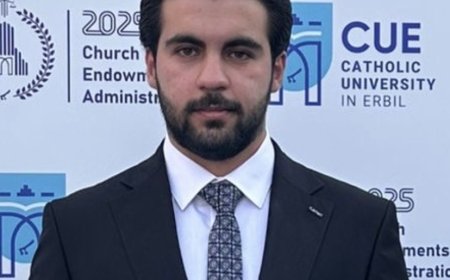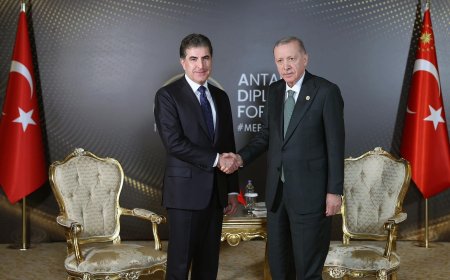President Nechirvan Barzani’s Diagnosis as to the political situation in Iraq
EDGEnews reporter.
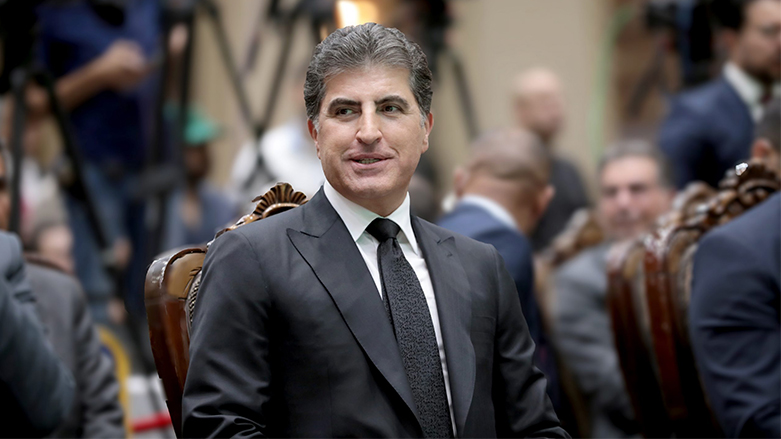
From Erbil to regional forums in Tehran and beyond, President Nechirvan Barzani speaks of Iraq’s crisis not in slogans or abstractions, but with a fluency born of long engagement with its fault lines be they territorial, institutional, security, economic, or cultural. His speeches make clear that he sees the crisis more fully than most, daring to interpret rather than apologize for it. If Iraqi politicians took even a fraction of that clarity seriously, Iraq’s unfolding tragedy might yet be redirected. But unless Arab and Iraqi intellectuals force open the space for such dialogue, the history of this country will remain one of failed leadership, not heroic actors.
What distinguishes President Nechirvan is not merely rhetorical skill, but structural diagnosis. In his 2021 address at “Iraq: a Tragic Destiny”, he refused to reduce Iraq’s century-old problems to colonial accidents; rather, he insisted these were distortions of will and structure, not chance. He reminded us that Iraq was constructed artificially from Mosul, Baghdad and Basra, regions with distinct geographies, languages, and polities, and that Kurds, Arabs, and other communities have lived with that disjunction ever since. This framing rejects the facile “sectarianism” label and recasts the crisis as a structural mismatch between constitution and statecraft.
In his approach to security and regional stability, Barzani again connects historic roots to current risk. He attributes many of Iraq’s ills to the unresolved legacies of the post-WWI geopolitical map, compounded by weak governance, social inequality, sectarian polarisation, and extremist pressures.
President Barzani has moreover brought in issues that others treat as peripheral as a matter of routine and urgency: climate stress, water scarcity and migration. He has in recent times warned that climate disruption endangers food security, pushes mass movement, and intensifies regional tensions. This readiness to see issues as layered and historical is more profound than the rhetoric of many Baghdad-based politicians, who often reduce every fault to corruption or foreign intervention.
It is one thing to point out a problem; it is another to offer a solution. Barzani does the latter. He does not merely lament that “we failed” but works to place responsibility, envisage remedies, and challenge narratives. For example, when he accuses Baghdad of failing to implement constitutional federalism or justice for the Kurdistan Region, he does so not in sectarian tones but in juridical-political terms. In his 2025 Tehran address, he expressed both respect for Kurdish-Iranian ties but also pointed to Baghdad’s failure in living by the constitutional promise of decentralisation. That duality of respectful engagement and principled critique is rare in Iraq’s mainstream politics.
Barzani’s handling of oil and revenue politics shows his interpretive method in action. He has long pressed for the Kurdistan Region’s right to export oil, not merely as bargaining chip but as the expression of constitutional entitlement and regional necessity. His strategy has been incremental, combining diplomacy with economic opening, not sudden confrontational posturing.
Mr Barzani often frames Iraq’s future not in terms of vengeance or zero-sum games, but in terms of reconstructing political imagination: constitutionalism, negotiation, respect for pluralism and the dignity of smaller communities. Contrast this with the Iraqi political class in general, which too often treats the crisis in transactional terms such as power-sharing deals, quotas and sectarianism. Iraqi politicians all too often overlook long-range frameworks that integrate constitutional reform, decentralisation and diversification of the economy. They tend to prioritise immediate gains, not systemic change.
President Nechirvan Barzani’s approach implies a better way forward for all, combining principled regional advocacy (for Kurdish constitutional rights) with a commitment to the integrity of Iraq. If Arab politicians in Basra, Nineveh, Anbar, Diyala, or Baghdad itself began to think like Barzani then one might see real alliances of reform emerge, crossing ethnic and sectarian lines on the basis of shared injustice such as youth unemployment, structural decay, and climate distress, for example.
Mr Barzani is naturally not immune to criticism. Some accuse him of using regional autonomy as another form of centralisation based on Erbil. Others have concerns in respect of accountability and transparency. The virtue of President Nechirvan Barzani’s approach is that it invites alternative viewpoints rather than silencing criticism.
In the times ahead, the danger for Iraq is not external interference, sectarian conflict, or resource scarcity but political ossification and intellectual desertion. If the Iraqi political class remains beholden to outdated approaches, the country will collapse.
President Barzani shows that one can confront the crisis deeply, interpret it richly, and act with vision, without apology and without surrender to nostalgia. That posture needs to become normal in Iraq, not exceptional. History will not forgive those who fail to think this way when their time came.
Arab and other Iraqi politicians cannot remain silent. They must call for real democracy in the form of adherence to the Constitution, decentralisation and accountability rather than lament for a past that never served the Iraqi people. The next generation might in this way not need to suffer the tragedies we have endured in present times. Iraq deserves better.


